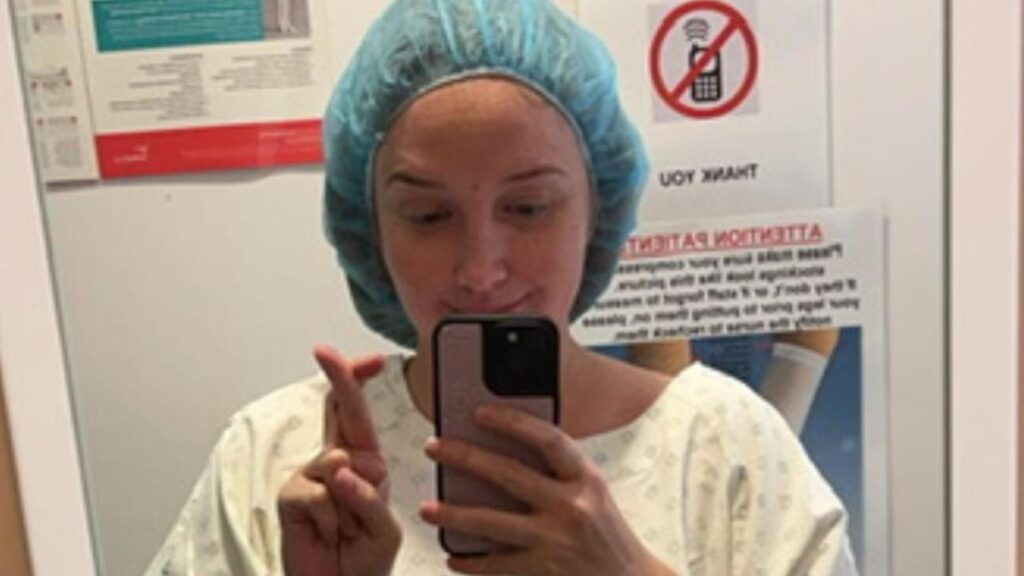
UPDATE: Doctors are urgently calling on women to get screened for cervical cancer as alarming new statistics reveal that 1 in 4 women are skipping these crucial tests. In Australia, the disease takes an unnecessary toll, claiming approximately 250 lives each year, according to the National Cervical Screening program.
Recent data shows that 27 percent of women aged 25 to 74 have not undergone screening between 2019 and 2023, despite being eligible for checks every five years. While Australia leads globally in the fight against cervical cancer, these figures highlight a critical gap in preventive healthcare.
Dr. Nim Cabraal, a gynaecological oncologist at Mater Hospital Brisbane, emphasized the importance of timely screening. “Deaths from cervical cancer are completely preventable,” she stated. “Eighty-five percent of women diagnosed with cervical cancer have not been screened in the last 10 years.”
The introduction of Australia’s updated HPV vaccine has significantly improved protection against the virus responsible for 90 percent of cervical cancer cases. However, Dr. Cabraal warns that even vaccinated women are still at risk due to unprotected HPV subtypes and a sizable population who remain unvaccinated. “There is no scenario in which women under 75 do not need to be screened,” she concluded.
Cervical cancer survivor Shauna O’Neill, 31, shared her harrowing experience to raise awareness during Cervical Cancer Awareness Week. Originally from Ireland and unvaccinated against HPV, O’Neill received a reminder after the birth of her second child, daughter Layla. Following a delayed screening, she was shocked to learn that she had advanced cervical cancer.
“I was devastated,” O’Neill recounted. “You never think it is going to happen to you. My daughter was just five months old, and my son was eight. The fear was overwhelming.” After undergoing a hysterectomy at Mater to prevent further spread, she is now cancer-free and grateful to have her children.
O’Neill’s message to women is clear: “Never miss your cervical screening test. It might be uncomfortable or feel awkward, but it’s 10 minutes that can save your life.”
As cervical cancer rates continue to rise among those who are untested, the urgency for screenings cannot be overstated. Women are encouraged to prioritize their health and schedule their screenings immediately. Don’t wait—your life may depend on it.






